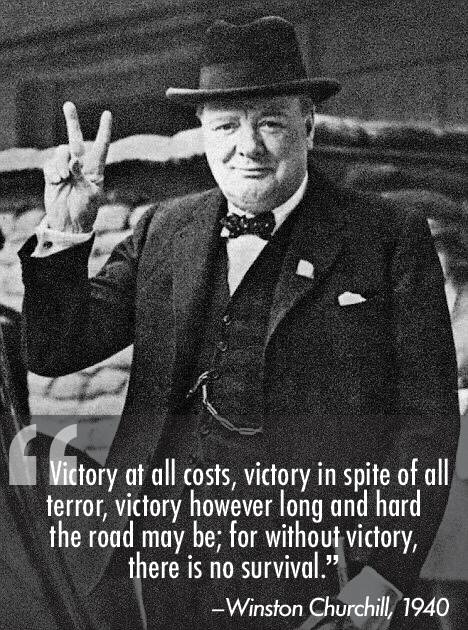The news came out of China on Friday that, after a four day long meeting between China’s top Communist Party leaders, the restrictions on the notorious one-child policy will be “eased” to allow couples to have two children if one of the parents is an only child. While there is no timetable for when this policy will officially go into effect, the very fact that top leaders have had to concede that something must be done to mitigate a coming crisis is huge. But it might be far too late to fix the damage wreaked by over 30 years of state-enforced “family planning.”
Made law in 1980, the one-child policy was supposed to slow and ease the growing population problem within China. However, the consequences have been dire in a culture which prizes male children. From official statistics, 117 boys for every 100 girls were born in China in 2012. (The global average is between 103 to 107 boys for every 100 girls.) Millennial Chinese are already facing problems in trying to find mates, especially between Chinese customs which expect a son to care for his aging parents, the men who cannot find women to marry, and the cultural stigma against women who are seen as “too successful” and cannot find a husband. Add to that the gender imbalance that has occurred (sex-selection abortion in China is technically illegal, but common nonetheless), and the abandonment and adoption of thousands of Chinese girls into countries like the United States, this is probably the only rational move for the government of China to make, given that the fertility rate is now below the “replacement” rate of 2:1.
However, lifting the rule may not produce the baby boom that the Chinese need to sustain their population or to provide for their elderly. Already, 37% of China’s couples who took a survey on Weibo (the Chinese equivalent of Twitter) said that they would not choose to have more than one child. Most often, they cited the expense of having more than one child. There was also the concern that if their children had siblings, they may not be allowed to have more than one child unless they married an only child.
And let’s not forget that some of China’s best and brightest are being educated abroad in Western countries, or taking jobs overseas… and not all of them are going back.
While the Communist Party may finally have acknowledged that their attempt at continued, sustained artificial population control has created a problem, it is also a problem that they may not be able to dig themselves out of. After controlling human nature for so long – and sometimes at the point of an abortionist’s state-wielded scalpel – it might be too late to convince Chinese Millennials to have more children. Especially when you consider that those “top leaders” can change their minds at any time, if they wish.
I have no idea what will happen in the next 30 years to the Chinese population, especially if the fertility rate does not increase. The danger of living in a communist state is that the state has the ability to determine your worth. Will there be forced euthanasia of the elderly, to ease the burdens of the state? Will there be breeding programs, to support the continuation of the state? In taking the initial step of limiting freedom and the ability to make choices for themselves 33 years ago, the Chinese Communist Party has surrendered their future to the whims of a population that they have long sought to control, and perhaps, controlled too well. They may have controlled the Chinese right to the point of possible extinction.










Recent Comments